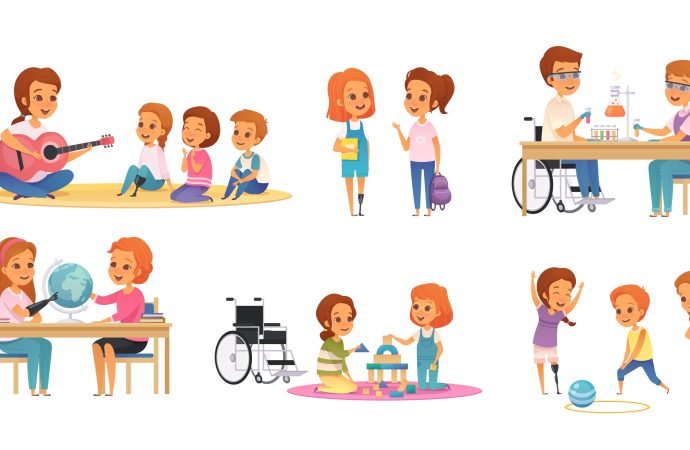Introduction Raising children takes a village, and sometimes that village needs a little structure. Families in Missouri are increasingly leaning on community-based resources to help them navigate the challenges of parenting. From birth to school-age, children benefit when families are equipped with the right tools, support, and guidance. That’s where family resource networks come into
Introduction
Raising children takes a village, and sometimes that village needs a little structure. Families in Missouri are increasingly leaning on community-based resources to help them navigate the challenges of parenting. From birth to school-age, children benefit when families are equipped with the right tools, support, and guidance.
That’s where family resource networks come into play. These networks serve as bridges connecting parents to child care options, health care, developmental screenings, educational support, and more.
Why Family Resource Networks Matter
Family life today can feel more isolated than ever. Many parents work full time, live far from extended family, or face economic pressures that make parenting overwhelming. Family resource services provide:
-
Emotional support and mental health resources
-
Access to emergency child care and food services
-
Educational workshops and parenting classes
-
Connection to local agencies and nonprofits
They’re often the first stop when a parent doesn’t know where else to go.
What Do These Resources Look Like in Missouri?
Missouri offers a statewide network of family support centers that cater to parents of all backgrounds. Services may include:
-
Diaper banks and baby supply closets
-
Drop-in child care
-
Parenting mentors and social workers
-
Support groups for single parents and caregivers
Most centers are free or low-cost, depending on the family’s income level.
Bridging the Digital Divide
Technology has made it easier to connect families with resources. Many organizations offer online parent portals, virtual workshops, and text-based support lines.
This is especially helpful in rural communities where access to brick-and-mortar centers may be limited. The ability to search, apply, and communicate online makes child care and parenting resources more accessible than ever.
Real Stories, Real Impact
Take the example of Maria, a mom of three in rural Missouri. After losing her job during the pandemic, she found herself struggling to manage her youngest child’s behavioral needs. A local family resource center connected her to a parenting coach, child care aid, and mental health services. Today, she’s employed again, her child is thriving, and Maria feels supported instead of stressed.
Overcoming Common Barriers
- Time Constraints: Use short check-ins via text or email when schedules are tight.
- Shyness: Start by offering small favors—like picking up groceries—to break the ice.
- Trust Issues: Begin within known circles—family and longtime friends—then expand.
- Transportation Gaps: Coordinate rideshares or meet halfway at community centers.
Every network starts small; patience and persistence pay off.
The Role of Schools and Employers
Schools
Encourage your child’s school to:
- Host family resource fairs with local vendors.
- Facilitate parent–teacher playgroups or book clubs.
Employers
Advocate at work for:
- Flexible schedules for family needs.
- Employee assistance programs (EAPs) offering counseling or referrals.
Supportive institutions multiply individual efforts.
Case Study: A Rural Missouri Family
The Johnsons, living outside Cape Girardeau, faced limited childcare and job opportunities. They:
- Joined a local Facebook moms group.
- Organized a weekly co-op with three nearby families.
- Partnered with their church to host a weekend tutoring program.
- Used 2-1-1 to apply for childcare subsidies and WIC benefits.
Within months, childcare became affordable, their children’s grades improved, and the families formed lasting friendships.
Measuring Success
Track these signs to see if your network is strong:
- Reduced Stress: You feel less anxious about last-minute work or school events.
- Resource Access: You know who to call for help with repairs, tutoring, or health needs.
- Regular Engagement: You attend events and host gatherings several times a year.
- Willingness to Help: Mutual offers of assistance flow both ways.
- Crisis Response: In emergencies, you receive timely calls or help without asking.
Conclusion
Building strong support networks for Missouri families takes time and effort, but the rewards are profound. By connecting with family, friends, neighbors, faith groups, schools, and nonprofits, you create a safety net that boosts well-being, shares resources, and strengthens community ties. Start small—reach out for a playdate, join a local Facebook group, or attend a church event—and offer your help in return. Over time, these small steps weave a robust network that can carry you through life’s challenges. When Missouri families stand together, everyone thrives.
















